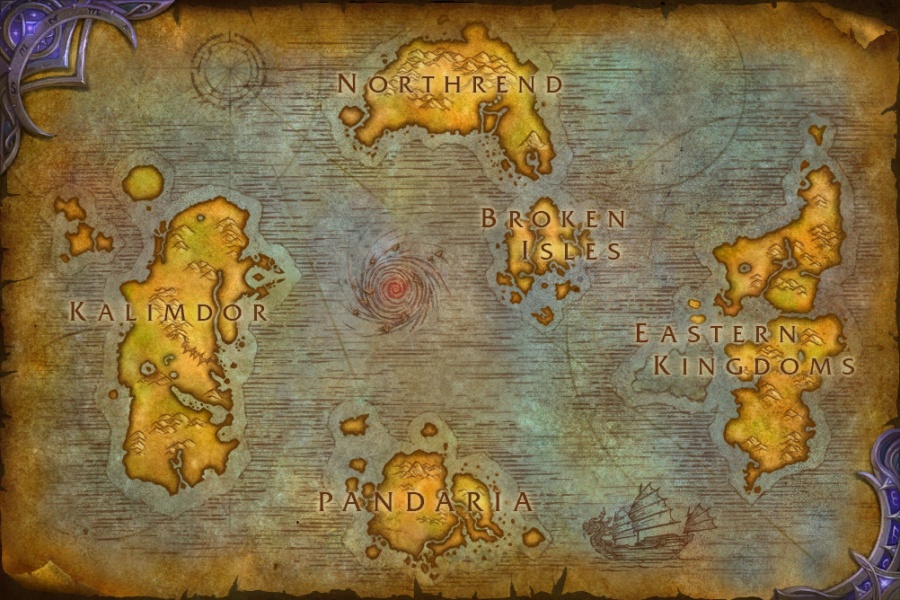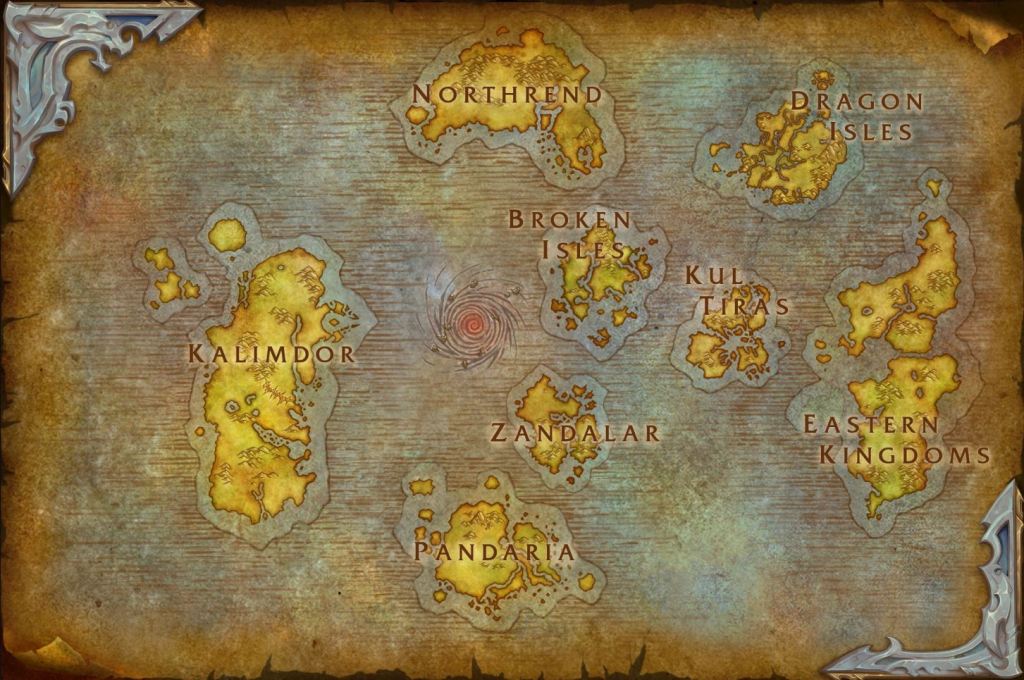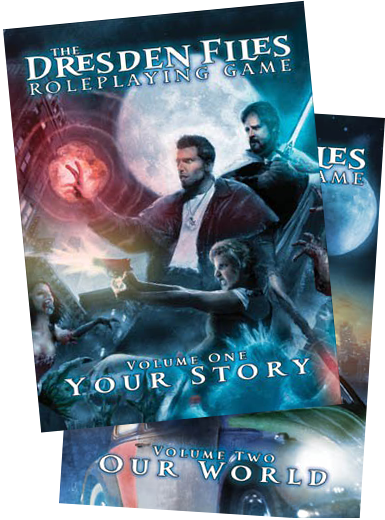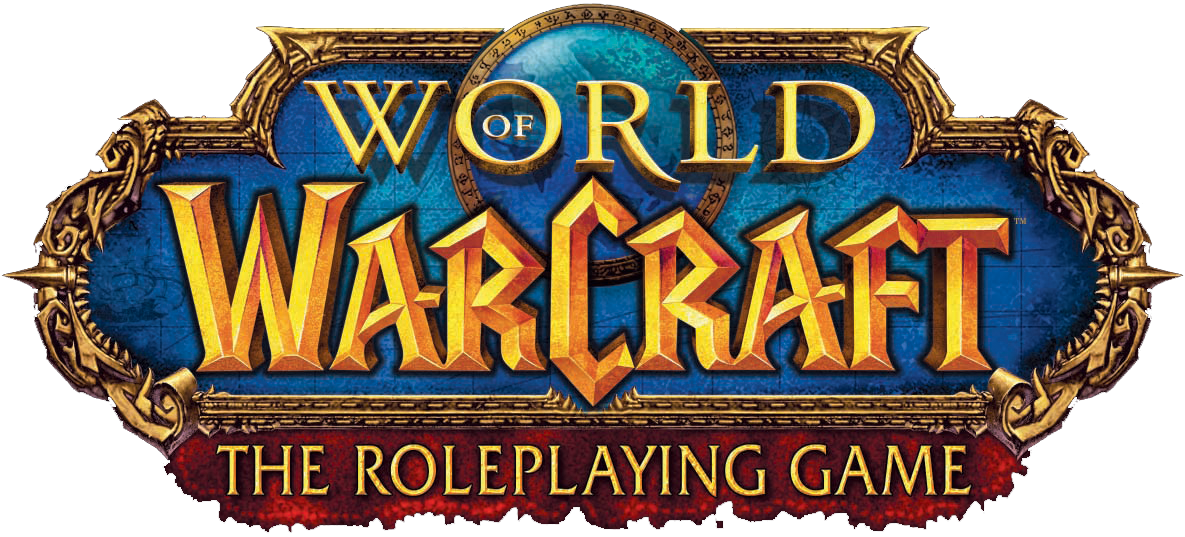In a post from 2017, I mused on the topic of RPG settings. There are plenty of settings that are fundamentally quite static. They don’t change significantly unless there’s a big sourcebook release, campaign event, or an edition change.
There are plenty of exceptions to this, especially when the setting is taken from an active media franchise. The example that I looked at was World of Warcraft. At the time, the world map of Azeroth, WoW’s primary setting, looked like this:

This already represents a big change from the original launch of the game in 2004, when only the two major landmasses of Kalimdor and the Eastern Kingdoms were on the map. Now, a few expansions later, the map of Azeroth looks different again:

All these islands that nobody had seemingly discovered despite them being between known regions! I kid. There’s more to it, obviously. But still, if I had bought an RPG book, it would be significantly out of date a few years after publication. That’s not a huge problem, as sourcebooks, supplements, and new editions can be used to advance the story and elaborate on the setting. Or they would, if licensing allowed for it.
That’s a whole other issue…
Another good example of this comes in the form of my beloved Dresden Files roleplaying game. The Dresden Files books are truly fantastic. The thing is, the third and final book in the main Dresden Files RPG line, The Paranet Papers, brings the content up to the point of the 13th novel, Ghost Story.

Since then, there have been a further 4 novels that have fundamentally changed the setting. The state of Harry Dresden’s Chicago is a very different place at the end of 2020’s novel, Battle Ground, than it was at the time of 2012/s Ghost Story.
Does the game need to fully reflect this?
Probably not. We have the tools to play the game we want to play, and this isn’t a video game, pre-programmed with specific inputs, processes, and outputs. We can tweak. We can change. We can adapt.
To read my thoughts from 2017, you can visit the original post:



1 Comment